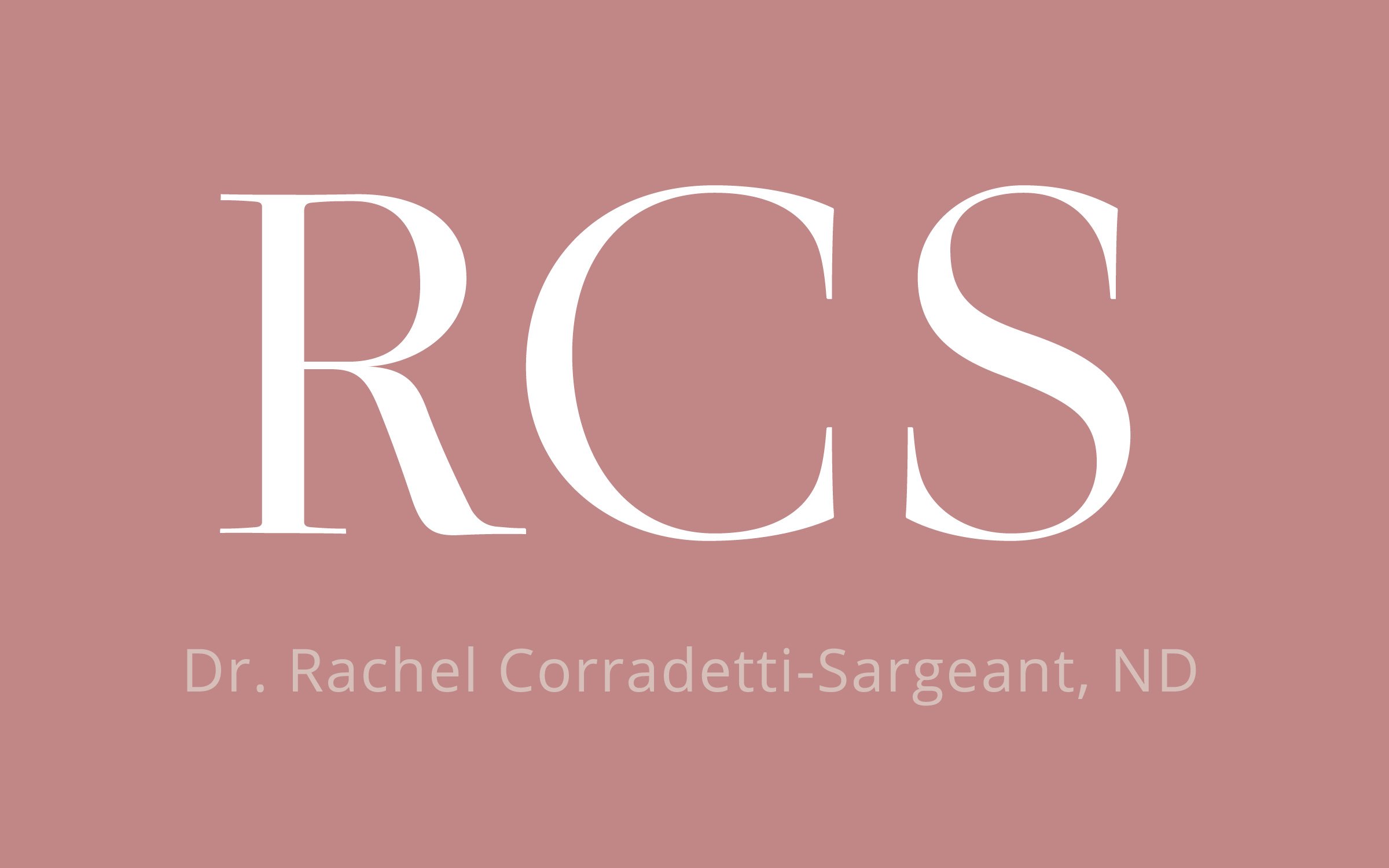The Importance of Vitamin D for Fertility and Beyond
It really is a big deal.
I remember having a conversation years ago with my close friend, who is an orthopaedic surgeon, all about vitamin D. She was still in medical school at the time and was telling me all about the magic of vitamin D. I had yet to enter my naturopathic medical studies and was wowed by what she had to say.
Now, after years of study and practice, it is clear that vitamin D is a superhero. In fact, even with North America’s poor nutritional state it is rare to find a vitamin deficiency like that of vitamin D in a developed country, especially for those of us living above the 49th parallel.
First, let’s start with what vitamin D is and where it comes from:
It is a steroid vitamin
It is created by the body when sun shines on the skin. 7-dehydrocholesterol is converted into pre-vitamin D3. After passing through the metabolic processes of the liver and the kidney we wind up with active 1, 25-dihydoxyvitamin D3. Confused? Check out this helpful picture from Medscape.
What does vitamin D do?
It is responsible for calcium and phosphate balance
Is assists in bone maintenance to protect against osteoporosis
It reduces inflammation
It is involved in immune system function - specifically innate immunity
It is touted to assist with breast cancer, multiple sclerosis, autoimmune thyroiditis, cardiovascular disease, diabetes, fertility, upper respiratory tract infections, and more
What does vitamin D deficiency look like?
Rickets
Fatigue
Mood change
Muscle cramping
Joint pain
The only true way to know if you are deficient is with a blood test.
Why is vitamin D deficiency so common?
The advent of sunscreens in summer and the inevitable grey of winter blocking the sun’s rays, getting enough is hard stuff. It’s not known exactly how much time is needed outside each day with sunscreen-free bare arms and legs to get the right amount. But it is difficult to achieve enough even on a bright, summer day because of our on-the-go lives
How can you correct a deficiency?
First of all, it’s important to know if you have a deficiency with proper blood work. Speak with your healthcare professional to understand if this is the case for you.
I can’t recommend doses because I am not your naturopathic doctor, but I can tell you that Health Canada recommends between 400IU-800IU per day based on your age and health status.
In my experience, most of my patients are very deficient, and most require doses beyond 1000IU in order to make any marked change and to get without sufficient levels.
It is difficult to get enough from food sources because many foods do not contain vitamin D, and fortified sources are sparse. Even then you have to convert it into the correct form.
I recommend using a fatty-emulsion as opposed to a chalky tablet supplement to ensure proper absorption.
What if I take too much?
Vitamin D toxicity is possible because it is a fat-soluble vitamin. Signs of toxicity include:
frequent urination
nausea
vomiting
abdominal pain
weakness
It is rare, but this is just another reason why I recommend regular testing.
Now what?
I highly recommend having it tested.
Vitamin D is something all of my new patients have tested, especially my hormone and fertility patients. My usual approach is to test it twice in a year to understand seasonal variance and how to dose during fall and winter and during spring and summer. Once you understand your dose needs, I recommend that most everyone has it tested annually to keep an eye on their levels.
Vitamin D is a pillar of health! Talk with your naturopathic doctor about the right amount for you.
References:
PMID: 28580189
https://ods.od.nih.gov/factsheets/VitaminD-HealthProfessional/
PMID: 30294301
